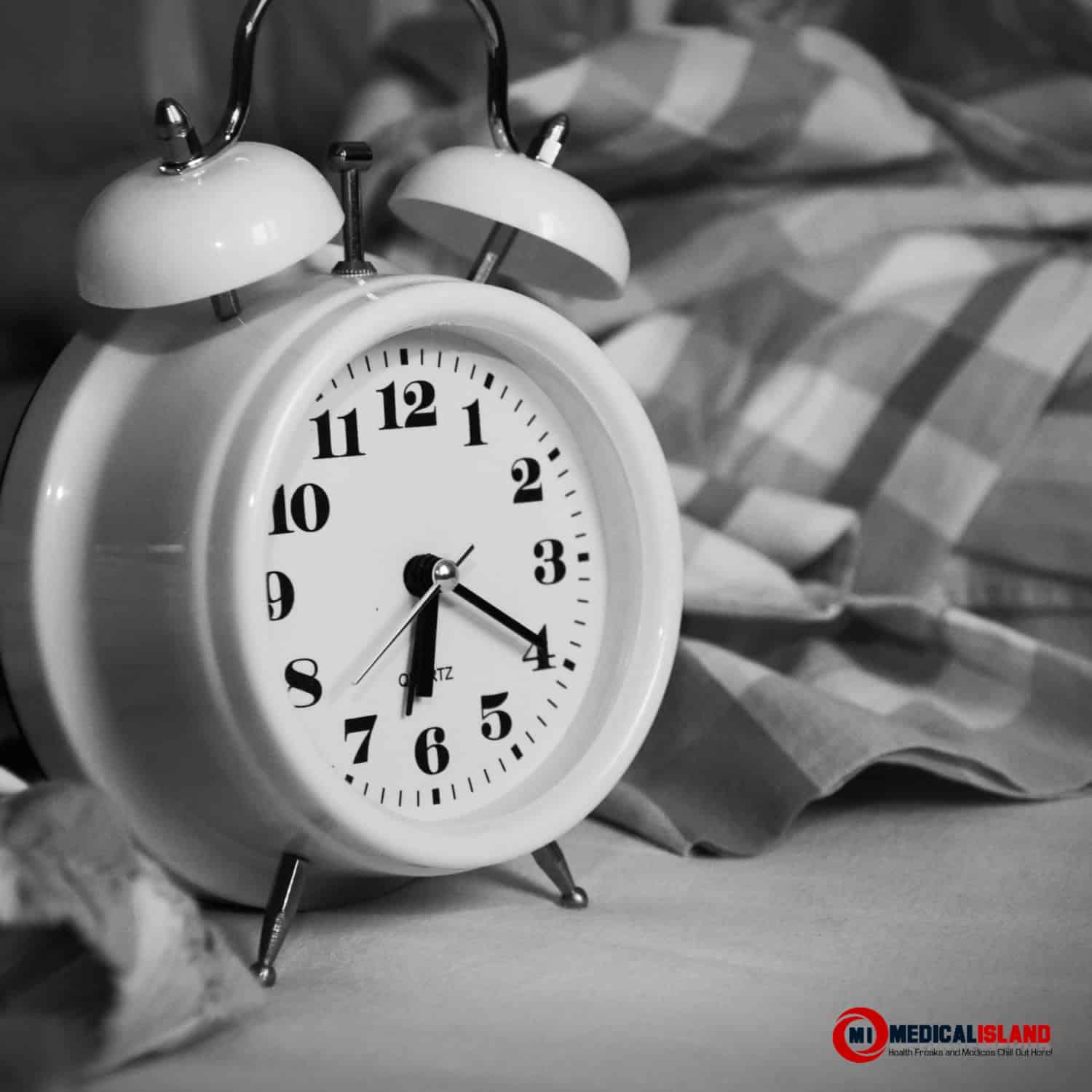The quality of our sleep has a direct effect on our mood, mental health, and general wellbeing. But poor sleep quality has also been linked to very serious conditions like heart disease, high blood pressure and diabetes. The good news is that sleep quality can be improved by making the right choices and avoiding behaviors that could deteriorate it. Here are a few ways anyone can improve the quality of their sleep.

Understand Your Body’s Sleep Cycle
One of the best ways to get better sleep is to understand and respect your circadian rhythm, also known as your sleep-wake cycle. If you want to improve your sleep, you need to have a clear sleep schedule so you don’t throw your circadian rhythm out of whack. If you have a regular sleep schedule, you’ll feel much more energized throughout the day. Even delaying your sleep time by one or two hours could be enough to throw your whole rhythm off.
This is why it’s essential that you sleep each night at the same time if you want to get the best sleep possible. You should also try to get up at the same time. Try to pick a time of the day when you’re naturally tired to go to sleep. This way, you won’t be tossing and turning before you fall asleep. You might need an alarm clock at first to get up regularly at the same time, but once you get used to it, your internal clock will start waking you up around the same time naturally.
You should also make sure that you avoid sleeping in as much as you can, even on weekends. If there’s a huge discrepancy between your weekday and weekend sleep schedules, the more chances you’ll have of experiencing jet lag type symptoms.
If you need to catch up on a late night’s sleep, it would be wiser to nap during the day. However, you have to be careful with naps since they could also disrupt your natural rhythm if you nap too late during the day. The best time for naps is early in the afternoon, and you should keep your naps to under 25 minutes if possible.
Be Careful with Light Exposure
Melatonin is an important hormone that regulates sleep and is affected by light exposure. Melatonin production is suppressed during the day when you’re exposed to more light, and increases when it’s dark. However, any type of light will suppress melatonin production, that’s why you need to watch your activities before you go to sleep and have an environment as deprived of light as possible if you want to get optimal sleep.
For example, you should shut off all screens at least one hour before going to sleep. TV screens, cell phones, computers and tablets all produce a sort of blue light that is very detrimental to sleep. And watching television before going to sleep will not only suppress melatonin, but will also increase stimulation and make it even harder to sleep.
You should also consider investing in some blackout shades if light from outside penetrates into your room. Or you could also buy a sleep mask. You should also think about covering any light emitting electronics, such as digital clocks. And if you have a tendency of getting up during the night, make sure that you keep lighting at a minimum by adding nightlights in the hallway. This will allow you to remain safe without exposing yourself to excessive light.
Stay Active
Did you know that adopting an active lifestyle could not only help you sleep better but increase your energy levels during the day? Regular exercise will also help you get more restorative sleep at night.
While you’ll get more of these benefits with intense workouts, even light exercise like power walking at least 10 minutes every day will allow you to improve your sleep quality. However, note that it could take months before you start noticing results, so stay focused and disciplined and you’ll eventually see the benefits.
You also have to be careful when choosing the time of your workout sessions. If your schedule only allows you to work out after work, make sure that your sessions finish at least three hours before bedtime. Exercise will boost your body temperature, speed up metabolism, and increase cortisol production. While this isn’t an issue during the daytime, this could be a problem right before going to sleep.
If you’re still experiencing difficulties, then you could try working out even earlier. But low impact exercise like light stretching or yoga could help you sleep better, so you could do those late at night with no problem.
Try Supplementation
There are various supplements that you can use if you want to improve the quality of your sleep. If you’re having trouble sleeping, supplementing your diet with melatonin could help. Melatonin is also a great way to improve daytime sleep quality. This makes melatonin a great supplement for people who travel a lot and want to avoid jet lag, or people working the night shift who want to get better sleep.
There are also supplements out there that combine melatonin with other elements that could improve your immune system like Immutol PM for instance. Immutol combines the benefits of melatonin with Norwegian beta-glucan, which has been shown to boost immune function. Melatonin also has some immune boosting properties and helps promote the production of T-helper cells. If you want more information on Immutol and what it can do for you, you can visit Immunocorp’s website to learn more about the benefits of this product.
Watch Your Food Choices
In addition to supplementation, it’s important that you watch your food consumption before nighttime. That means avoiding caffeine and sugary drinks before going to bed. This also includes certain kind of teas or drinks that might have caffeine in them without you knowing.
You should also make sure to avoid heavy meals at night and forget nightcaps as well. While alcohol is a depressant that can help you fall asleep better, it will disrupt your sleep cycle and leave you more tired in the morning.
Sleep deprivation is a very important issue that shouldn’t be taken lightly. Follow the few tips in this article, and you’ll not only be able to improve the quality of sleep but your overall health as well.
